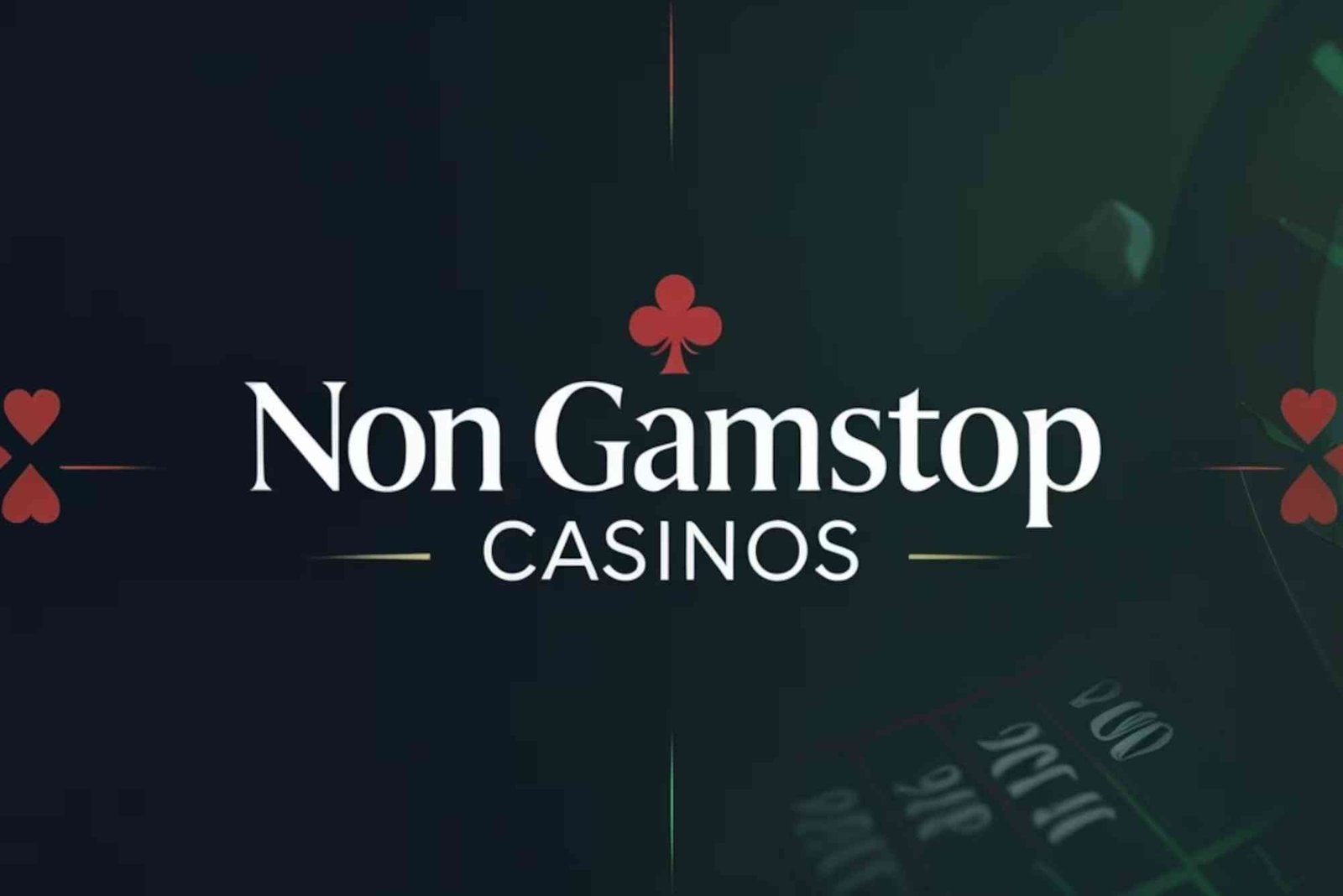Online gambling has exploded in popularity over the past decade, but with that growth comes growing concerns about fraud, transparency, and trust. Players want reassurance that the games they’re playing are fair, their funds are secure, and operators aren’t manipulating outcomes behind the scenes. While regulators and watchdog groups have attempted to address these concerns, technology itself might hold the most powerful solution—blockchain.
Blockchain, the decentralized ledger best known for powering cryptocurrencies like Bitcoin, has the potential to transform the online gambling industry. By making every transaction transparent, tamper-proof, and verifiable, blockchain could provide the trust and accountability that many players feel is lacking in traditional platforms. But is it really the silver bullet for fraud prevention in gambling, or just another buzzword?
How Blockchain Addresses Gambling Fraud
At its core, blockchain is a digital record system where every transaction is stored across a distributed network. Once entered, data cannot be altered without consensus, making it incredibly difficult to manipulate. For online gambling, this transparency has obvious benefits.
Imagine playing a slot game where every spin’s outcome is recorded on a public blockchain. Anyone could verify that the result was truly random and not influenced by the casino’s software. The same applies to card games or roulette—blockchain creates what’s known as “provably fair” gaming, giving players confidence that the house isn’t stacking the odds unfairly.
Payment fraud is another area where blockchain shines. Because cryptocurrency transactions are recorded immutably, chargebacks and manipulations that often plague credit card systems become virtually impossible. Operators can confirm deposits and payouts instantly, reducing the risk of disputes and delays.
Real-World Applications and Market Examples
Several pioneering platforms already use blockchain to enhance fairness and security. Decentralized casinos allow players to verify every roll of the dice or shuffle of the deck in real time. Smart contracts—self-executing programs coded onto the blockchain—ensure payouts happen automatically when conditions are met, eliminating the possibility of operators withholding funds.
This transparency isn’t just about fraud prevention; it’s also a competitive advantage. Players increasingly seek out platforms that provide more control and visibility. Even alternative betting markets, such as bookmakers not on gamstop, are exploring blockchain to give players peace of mind that transactions and game results are fair and untampered with. By combining regulatory alternatives with cutting-edge technology, these platforms appeal to players looking for both freedom and accountability.
The Benefits for Players
For players, blockchain offers several advantages beyond fraud protection. One of the most significant is faster and more secure payments. Traditional withdrawals can take days as casinos process requests and banks verify transactions. With blockchain, withdrawals can be near-instant, with funds moving directly from the operator’s wallet to the player’s.
Another benefit is privacy. Many gamblers are hesitant to share sensitive personal and financial data with casinos, particularly when operators are offshore. Blockchain and cryptocurrency payments reduce the amount of personal information required, protecting players from identity theft while still ensuring secure transactions.
Finally, blockchain empowers players with choice. The ability to verify game fairness, track funds, and hold operators accountable creates a level of confidence rarely seen in traditional online gambling.
The Challenges and Limitations
Of course, blockchain is not without its challenges. For one, widespread adoption requires technical literacy that not all players possess. Setting up a cryptocurrency wallet, purchasing coins, and navigating decentralized platforms can be intimidating for casual users.
Volatility in cryptocurrency markets is another concern. A payout in Bitcoin might be worth significantly less tomorrow if the price drops. Stablecoins pegged to traditional currencies offer some relief, but not all platforms support them.
Regulation also remains a gray area. While blockchain provides transparency, not all jurisdictions recognize cryptocurrency gambling as legal. This creates potential legal risks for players and operators alike.
Finally, blockchain doesn’t entirely eliminate fraud—it just changes its form. Scams like fake platforms or phishing attacks targeting wallets can still occur, meaning players must remain vigilant.
The Future of Blockchain in Gambling
Looking ahead, blockchain seems poised to play a growing role in the online gambling ecosystem. As players demand more transparency, operators who adopt blockchain technology will likely stand out as leaders in fairness and accountability.
We may also see hybrid models emerge, where traditional casinos integrate blockchain verification into their existing platforms. This could bridge the gap between casual users and tech-savvy players, allowing more widespread adoption without forcing everyone to dive headfirst into cryptocurrencies.
The integration of blockchain with other technologies, such as artificial intelligence and augmented reality, could further revolutionize the player experience. Imagine sitting at a virtual casino table in VR, placing bets using blockchain tokens, and watching results verified in real time on a decentralized ledger.
Final Thoughts
So, can blockchain prevent fraud in online gambling? The answer is yes—at least to a significant degree. By making every transaction transparent and tamper-proof, blockchain removes much of the uncertainty and mistrust that have long plagued the industry. It won’t solve every issue, but it represents a massive leap forward in creating fairer, safer, and more accountable gambling environments.
For players, the benefits are clear: faster payments, better privacy, and provably fair games. For operators, blockchain offers trust, efficiency, and a way to differentiate in a competitive market. While challenges remain, the trajectory is undeniable—blockchain is not just a passing trend. It may well become the backbone of a more trustworthy online gambling industry.





